Three studies of parenting time: evidence of harm and protection
$0.00
I will present findings from three new studies of parenting time.
1. Infant Overnights:: When children were under 1 year of age, as well as when they were 2, more overnights with fathers up to and including 50% of overnights at both parents’ homes were associated with better long-term mother-child and father-child relationships in college, after controlling for parent conflict, disagreement about overnights, and education; parenting time in later years; and children’s sex and age at separation.
2. Relocation: Using a community sample of children living more than 50% time with mothers and stepfathers, we found that relocation of either biological parent before adolescence predicted serious behavior problems including delinquency; anxiety and depression symptoms; and disturbed relationships with non-residential fathers as well as with residential mothers and step-fathers in adolescence and young adulthood, after controlling for mother-stepfather conflict and domestic violence; mother-biological father relationship quality; and mothers’ family income.
3. Parenting Time and Parent Conflict. In high conflict families, moderate amounts of parenting time with fathers were associated with long-term painful feelings about the divorce in college, but at 50% parenting time those painful feelings were greatly reduced. Using a community sample and a longitudinal design, we found that low to moderate amounts of parenting time in early adolescence likely caused harm to the father-child relationship 3 years later, whereas relationships were preserved at 50% parenting time. Examining parenting time from these three perspectives reveals a consistent picture of benefits resulting from equal parenting time and harm due to moderate and low amounts of parenting time with fathers. By affecting so many children, parenting time is a major public health issue.
Presenter
Dr. William Fabricius
Arizona State University, USA
William Fabricius is an Associate Professor of Developmental Psychology at Arizona State University. He is an expert on children’s cognitive and social-emotional development, and on the role fathers play in promoting adolescents’ and young adults’ mental and behavioral health. His research in these areas has been supported by grants from the National Institute of Child Health and Human Development, and the findings have been published in top journals in the field. He worked for several years with all Family Law stakeholders in Arizona to translate research into Arizona’s 2013 shared parenting legislation.

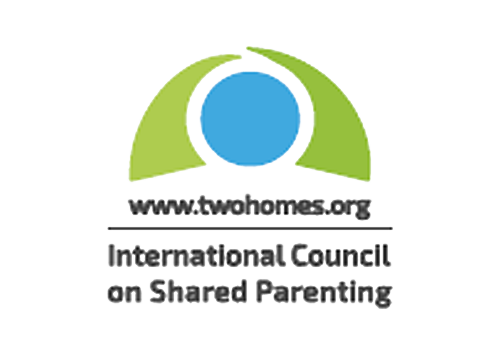
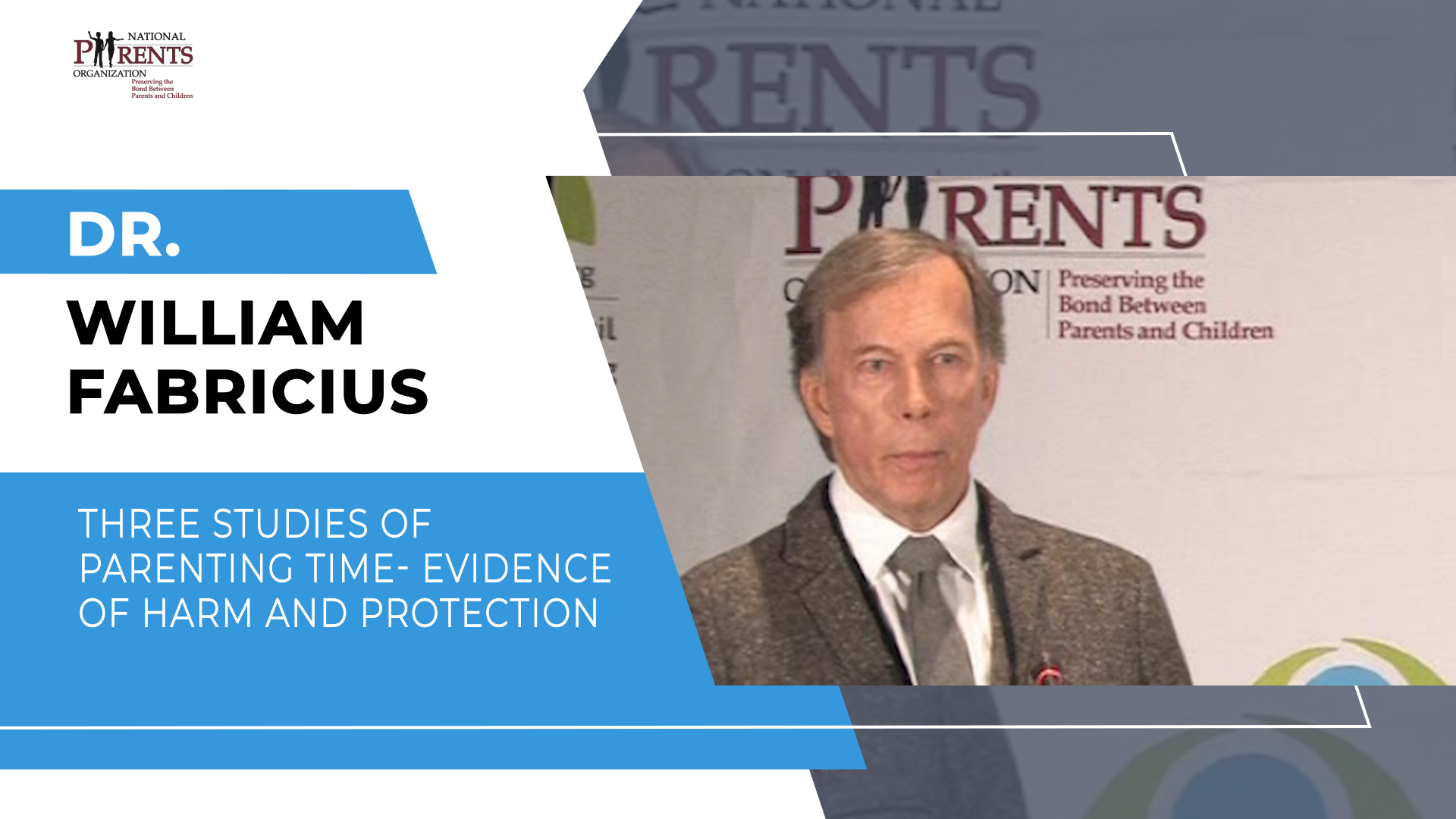
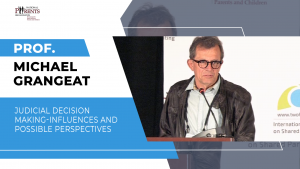
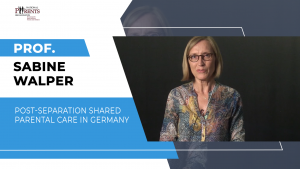
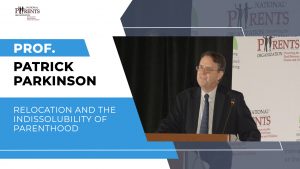
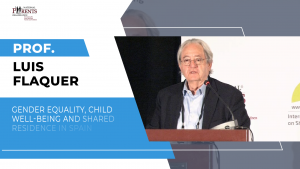

Reviews
There are no reviews yet.